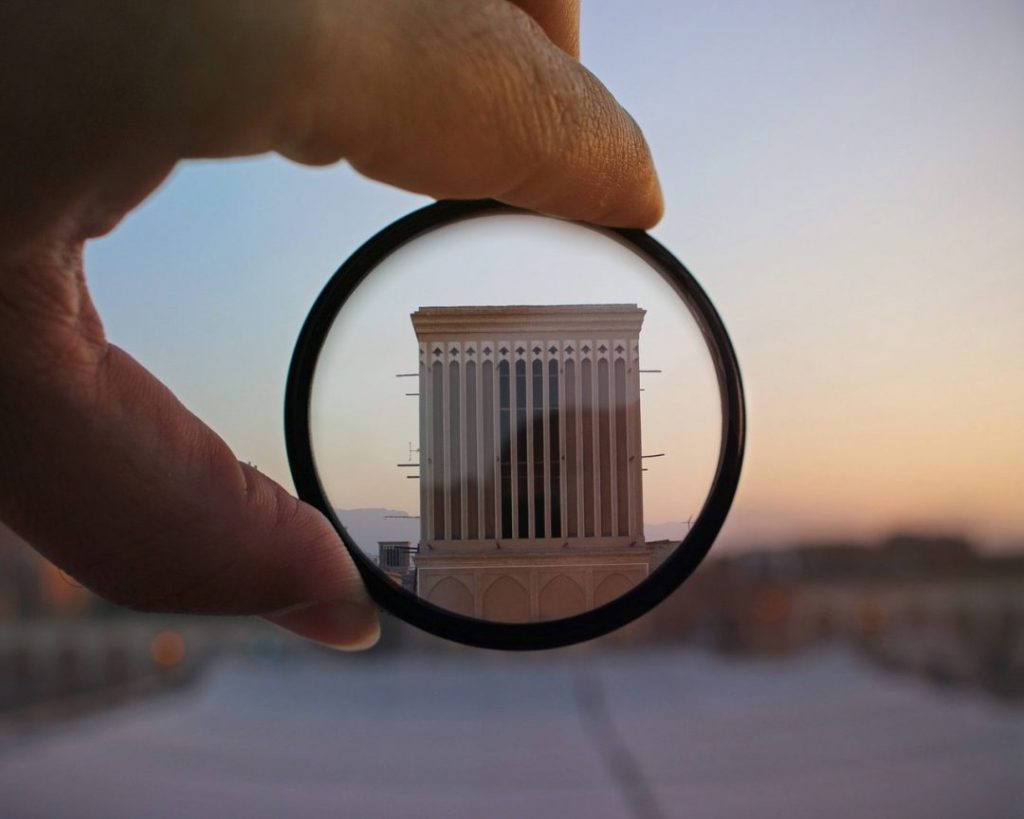The internet exploded over the following line from Roxane Gay’s New York Times piece this week and I’m not sure I agree with the chord it’s striking in people:
“The greatest shame would be to reach the end of our lives and have the epitaph read, ‘They worked really hard.'”
I am aware Gay is arguing that your life cannot and should not be all work. But that’s not what she wrote. “Had no life outside of my job” is sad, but it doesn’t mean you worked hard or well. It means you had no life.
I’m not sure the quality of “having worked hard” would be the greatest shame. The things I’ve worked hardest on are the things I’m most proud of. They’re the things that most define me and the meaning I derive from my world. I work endlessly hard at parenting. I work hard at writing. I work ceaselessly on personal growth, self-reflection, and improvement. I work hard at sprinting up hills and doing squats.
And, if I’m telling the truth, the thing I would like to work harder on is work.
My dad used to say, “No one gets to their deathbed and wonders if they should have attended more meetings.” I appreciate the sentiment, only, I think this applies to a certain type of workaholic who is missing other aspects of their life.
I really want to attend more meetings. Perhaps because I felt left out of them for so long and am dying to get back in. Perhaps because I love what I do and in my organization “meetings” aren’t a waste of time, but a coalescing of minds moving projects forward.
When I worked at a marketing agency, meetings were disrespectful holes of mediocrity and stagnation. Still, I do not concede that people who attend meetings professionally are “working hard.”
Quite the opposite.
The workaholics I know have poor time management skills, horrible psychological health, no boundaries, low self-esteem, and get lackluster results. Hard work and workaholism are different. If Roxane Gay is standing against workaholism (aka: addiction to the illusion of working, busy for the sake of being busy), then I’m with her. But I like hard work.
I think it deserves respect.
I’m proud of the amount of work that went into repairing communication with my partner. I’m proud of the amount of work that went (and continues to go) into writing. I’m proud of the amount of work that goes into caregiving. I’m proud of the amount of work that goes into building and scaling a business. I’m proud of the amount of work I’ve put into my friendships and mental and physical health.
I would be delighted if my epithet let people know I worked hard. But – and this is a big but – that’s because what I value is aligned with where I am spending my time.
So many of us whose lives get eaten by work, do not value what we do or why we’re doing it.
The majority of Americans don’t feel that work is a beautiful extension of who they are. Where doing the work (even and especially when it’s hard) feels self-honoring and fulfilling. Where work fills your cup and lifts you up. Most Americans are in the obligatory category that fosters resentment and self-abandonment, and perpetuates the hedonic treadmill of “never enough.”
You’re never good enough: You don’t earn enough, you haven’t achieved enough, you need to do more, be more, have more, make more, try harder <— this is not the foundation for healthy hard work.
It’s a recipe for how to find yourself in burnout, missing out on life and the beautiful moments in front of you.
Gay writes, “We should think about how to nurture who we are beyond what we do.”
Yes, AND.
I contest having a system set up where my identity is defined narrowly either by what I do for work or what I do for fun. When will we allow for the integration of the entire person?
Part of who you are IS what you do. You may not agree or like that part (I certainly did not like who I was when I was forced to work in menial jobs that killed my soul), but they were emblematic of who I was then and the value systems I upheld (I sought stability, credibility, and believed that less money I made, the more legitimate I was as an academic).
“We should all take some time to reflect on who we are and what gives us meaning beyond what we do. We should think about how to nurture who we are beyond what we do. The greatest shame would be to reach the end of our lives and have the epitaph read, ‘They worked really hard.’
We should all take time to reflect on what gives us meaning, period.
If working really hard is part of what gives you meaning, then there is absolutely no shame in that.
*NOTE: it matters that you know the difference between what “gives you meaning” and “what feels good because I get validation and approval from others.” These are not equivalent. The former is self-honoring. The latter will lead you directly to a life of quiet desperation.
Work hard, on the things that light you up.
But first, you must discover what lights you up.
PS: Speaking of working hard, Kristin Hatcher and I have cooked up a community of practice for people who are ready to get to work on their dream projects. If you have a screenplay you want to finish, a blog to launch, a podcast to get out into the world – come check it out and get on the waitlist.
We’re announcing when doors open next week.




